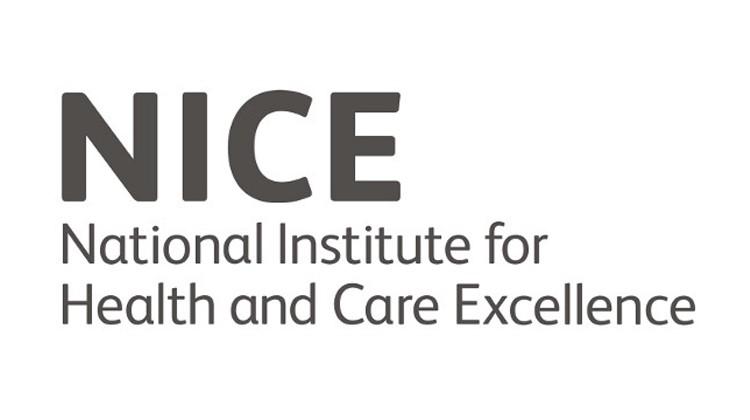Idelalisib not recommended for refractory follicular lymphoma
Published on: 2 October 2019NICE not recommending idelalisib for use on the NHS for people with refractory follicular lymphoma.

The National Institute for Health and Care Excellence (NICE) has announced today that it is not recommending idelalisib for people with follicular lymphoma that has not responded (refractory) to two previous courses of treatment.
People who were already being treated with idelalisib before the NICE guidance was published can continue with their treatment.
Idelalisib is a type of drug called a cell signal blocker. It targets a protein called ‘phosphatidylinositol 3-kinase’ (PI3K), which helps lymphoma cells stay alive when they should have died. Blocking the PI3K pathway with idelalisib can stop lymphoma cells dividing or cause them to die.
Idelalisib is available on the NHS throughout the UK to treat people with chronic lymphocytic leukaemia (CLL). In Scotland, it is also available on the NHS to treat people with follicular lymphoma who have not responded after at least two previous courses of treatment.
NICE decided there was not enough evidence that idelalisib is effective in people with refractory follicular lymphoma. In particular, NICE felt it was not clear whether idelalisib was better than treatments that are already available on the NHS. They concluded that idelalisib has not been shown to represent a cost-effective use of NHS resources.
This decision is disappointing, particularly given that idelalisib is available on the NHS in Scotland for the same indication. This increases inequality of access to new drugs for people with lymphoma.
Find out more about drug development, approval and funding, or visit Lymphoma TrialsLink for the latest on clinical trials for lymphoma.
2 October 2019
